MSI GE63VR Raider Gaming Laptop Review
Why you can trust Tom's Hardware
Price Analysis & Conclusion
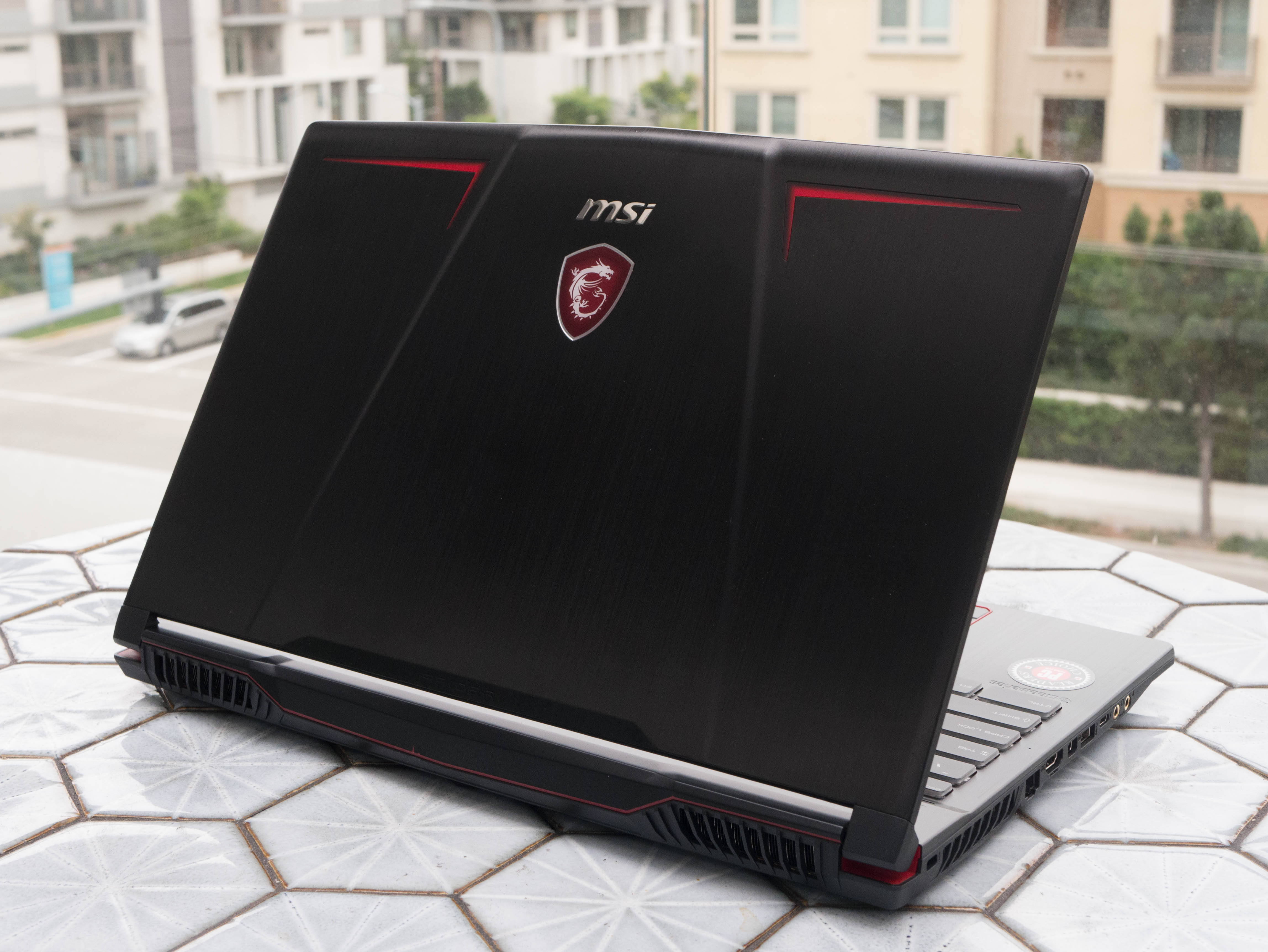
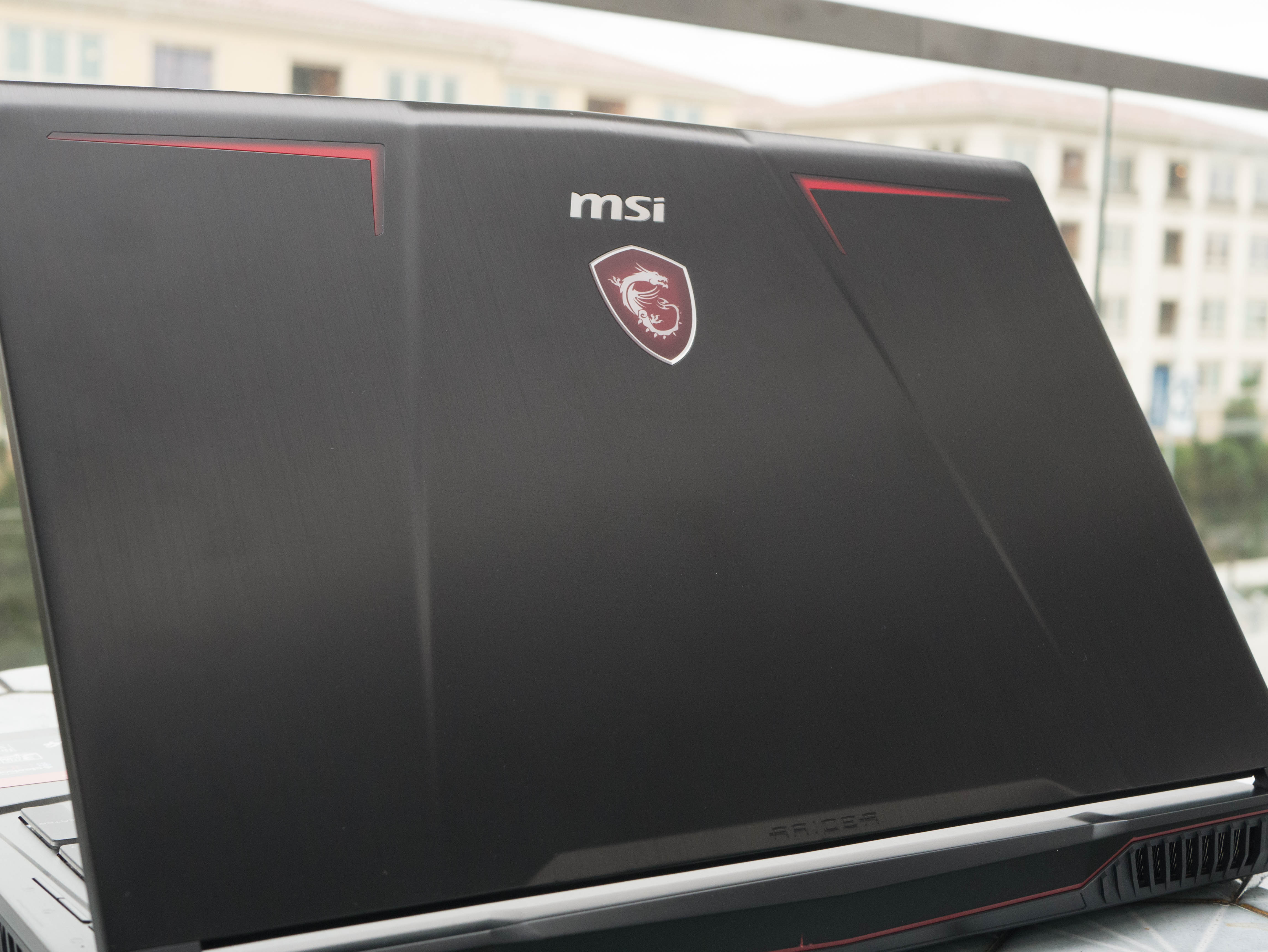
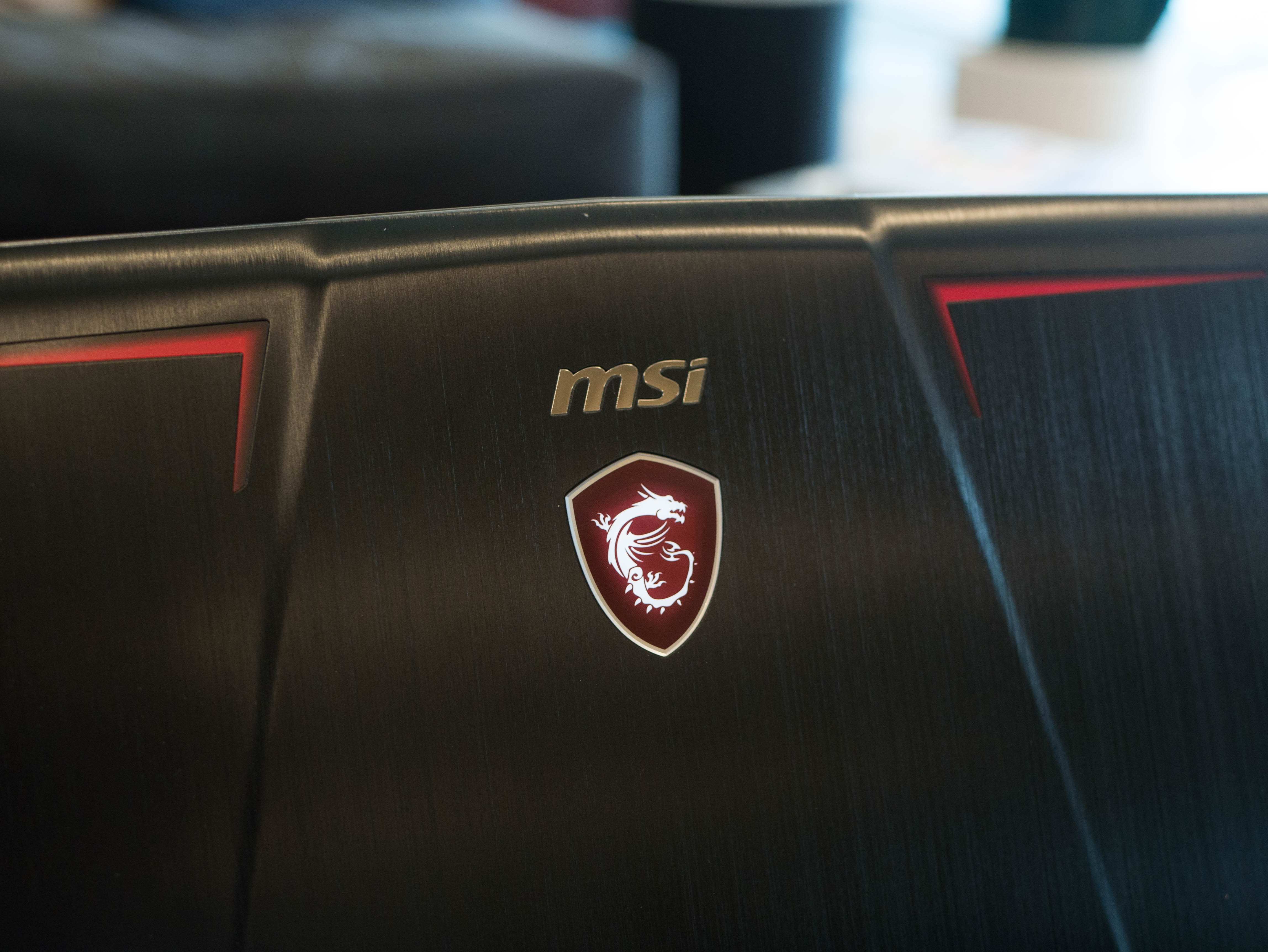
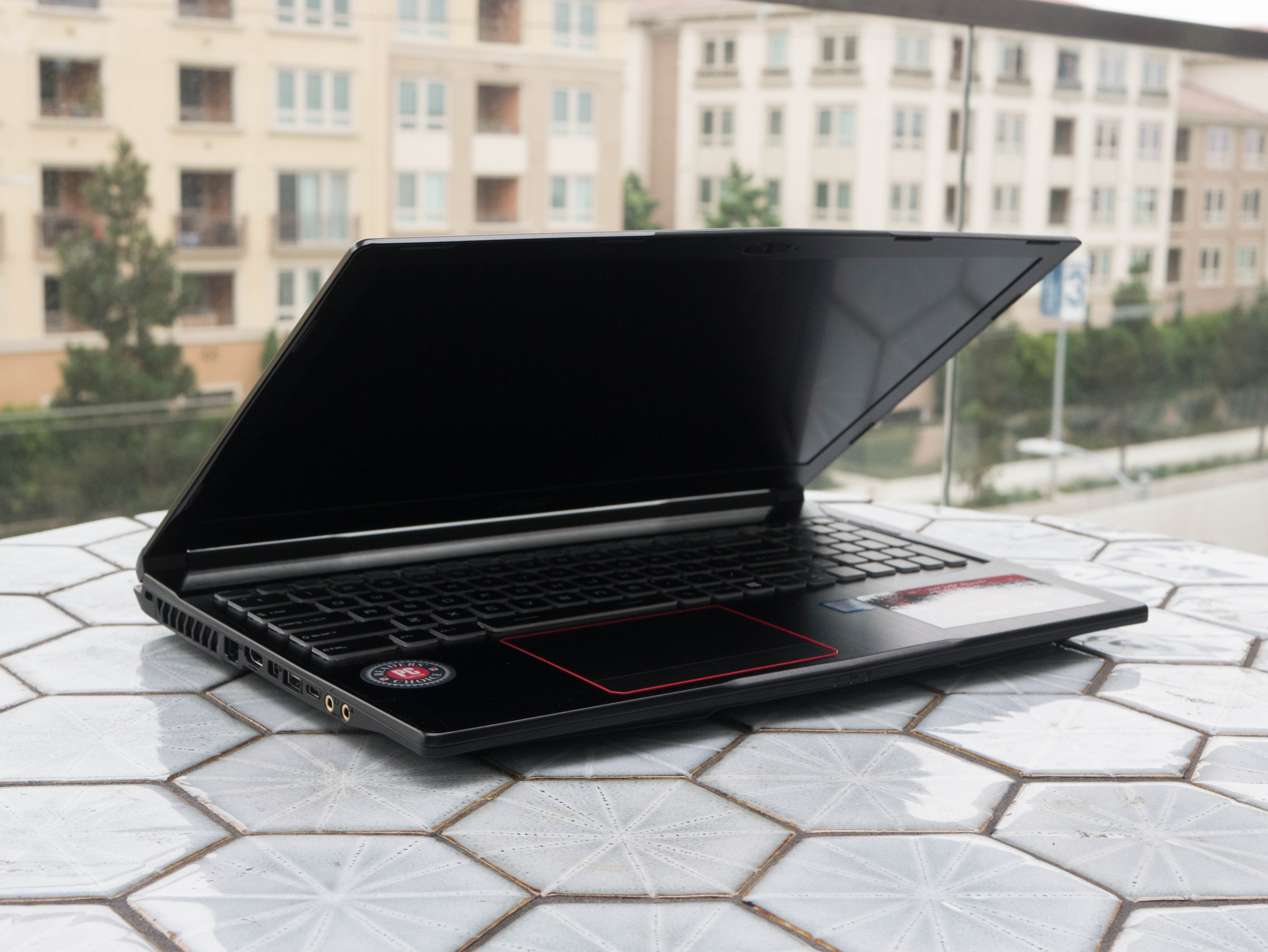
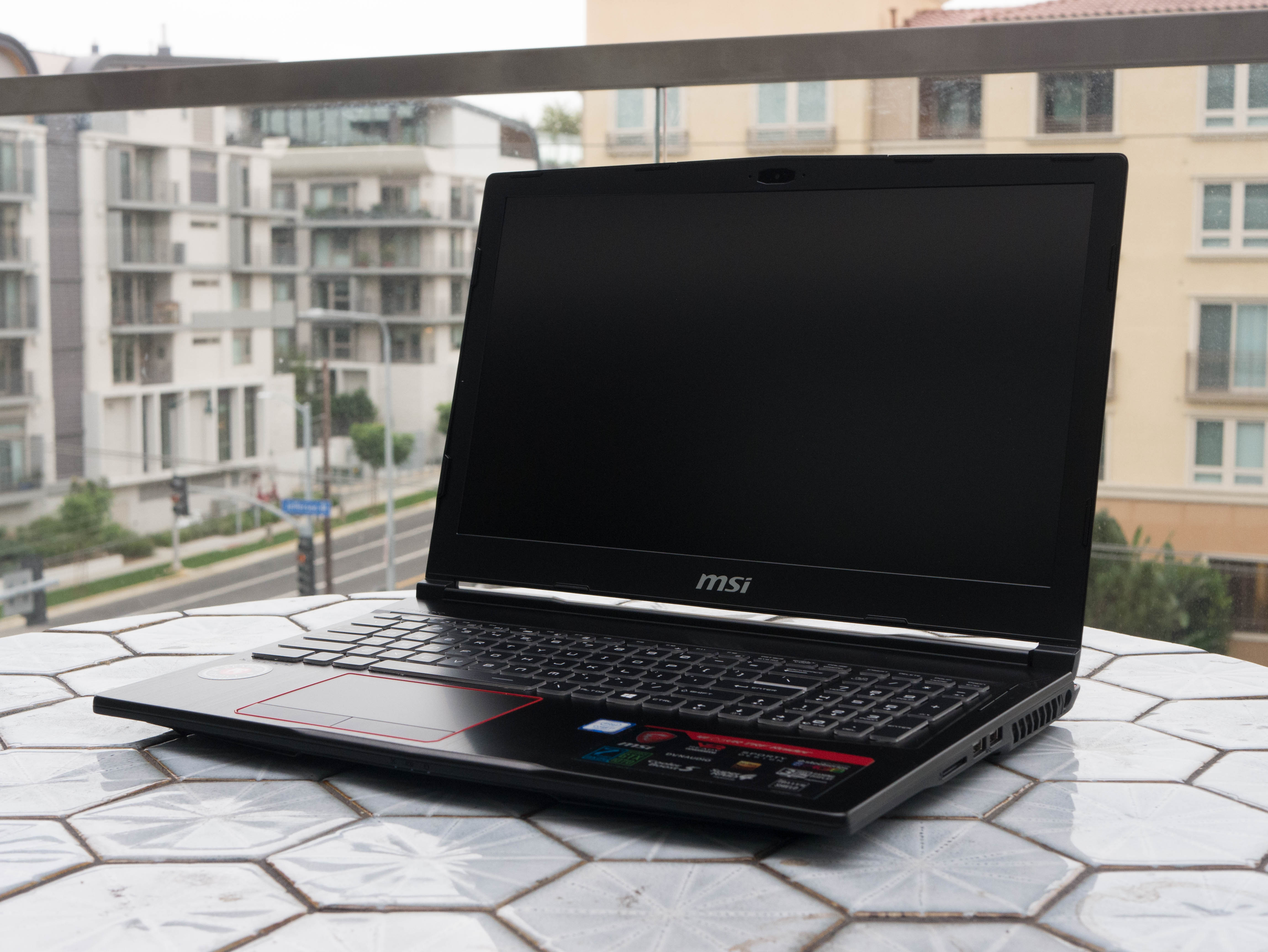
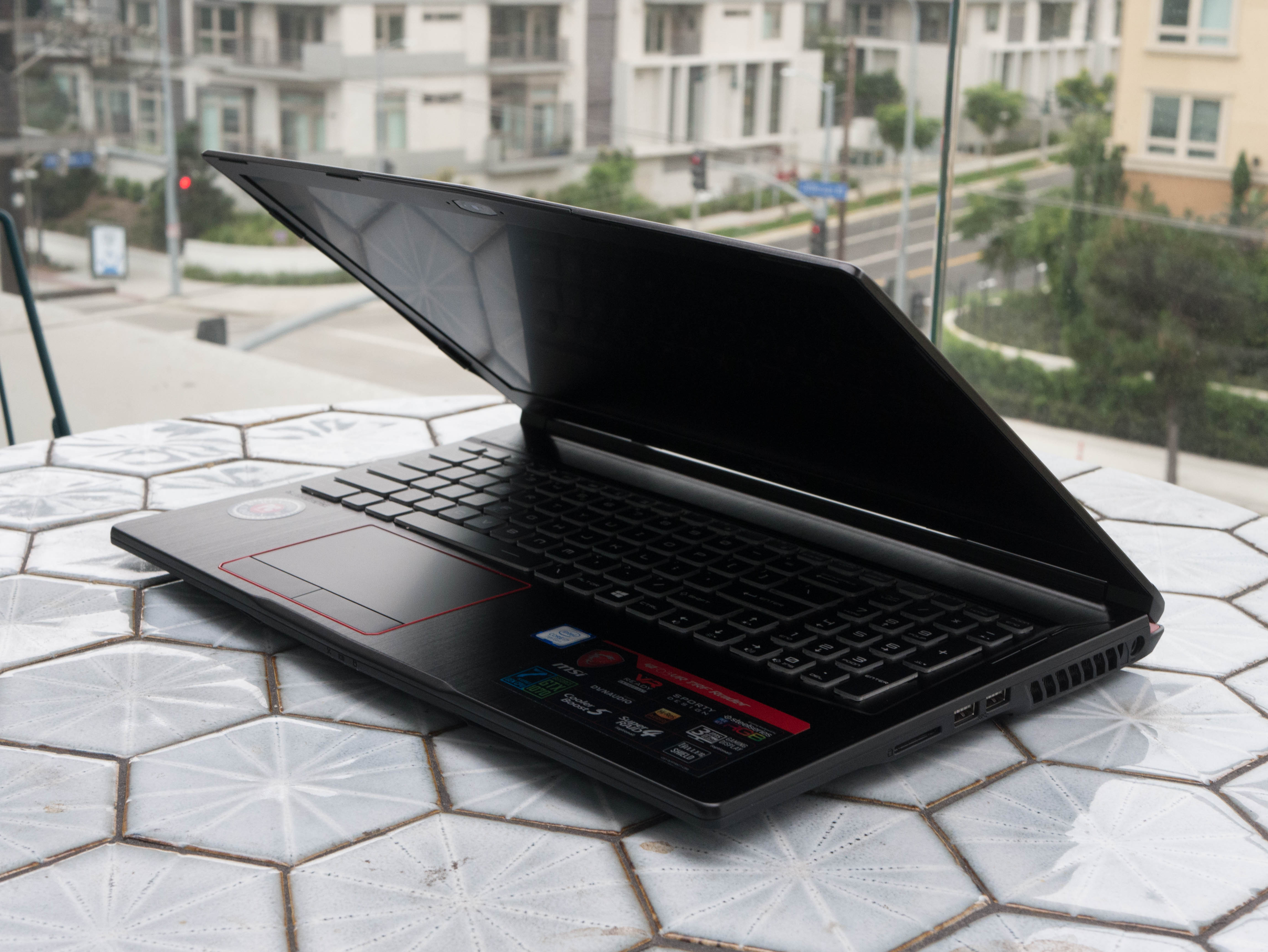
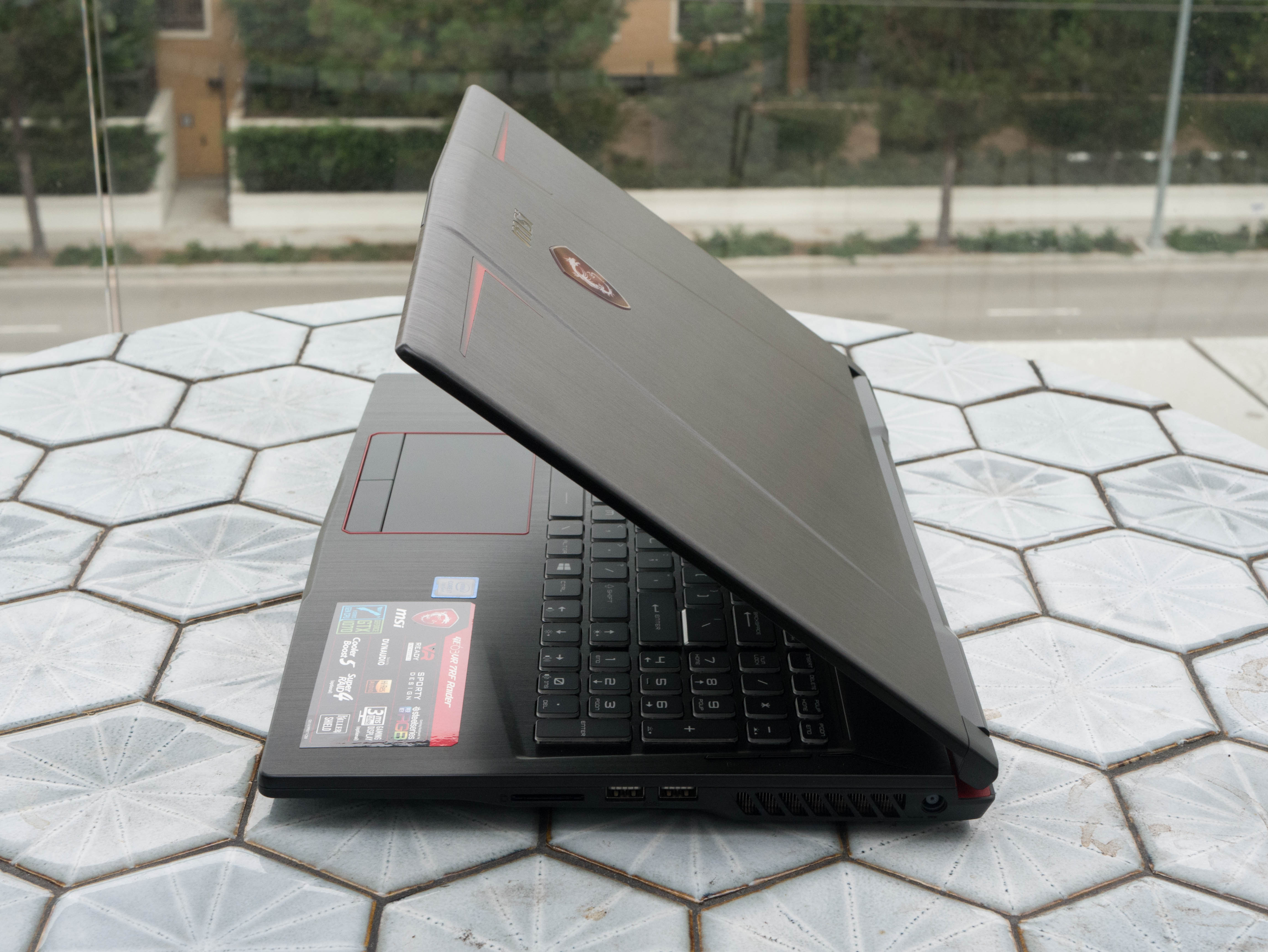
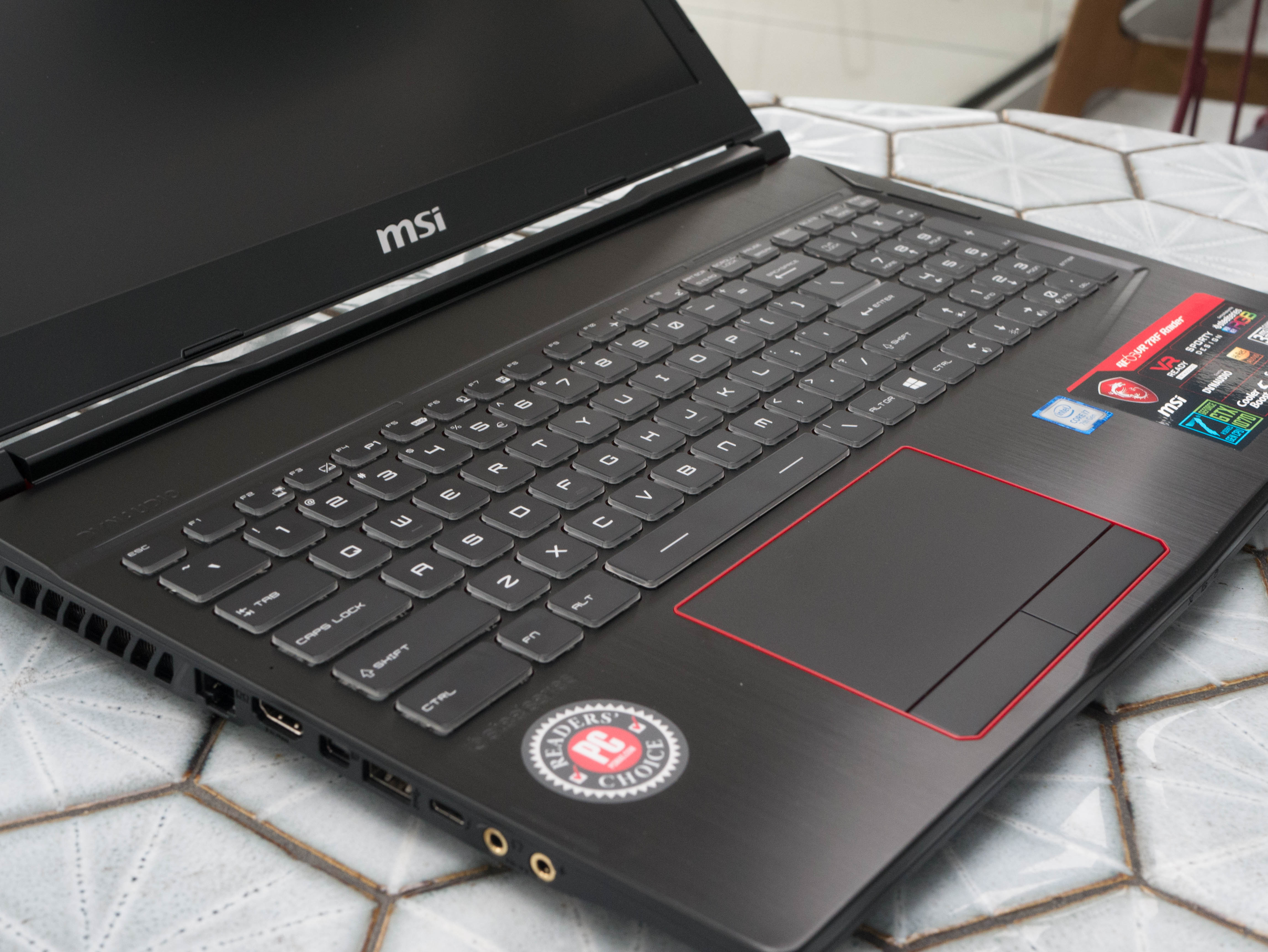
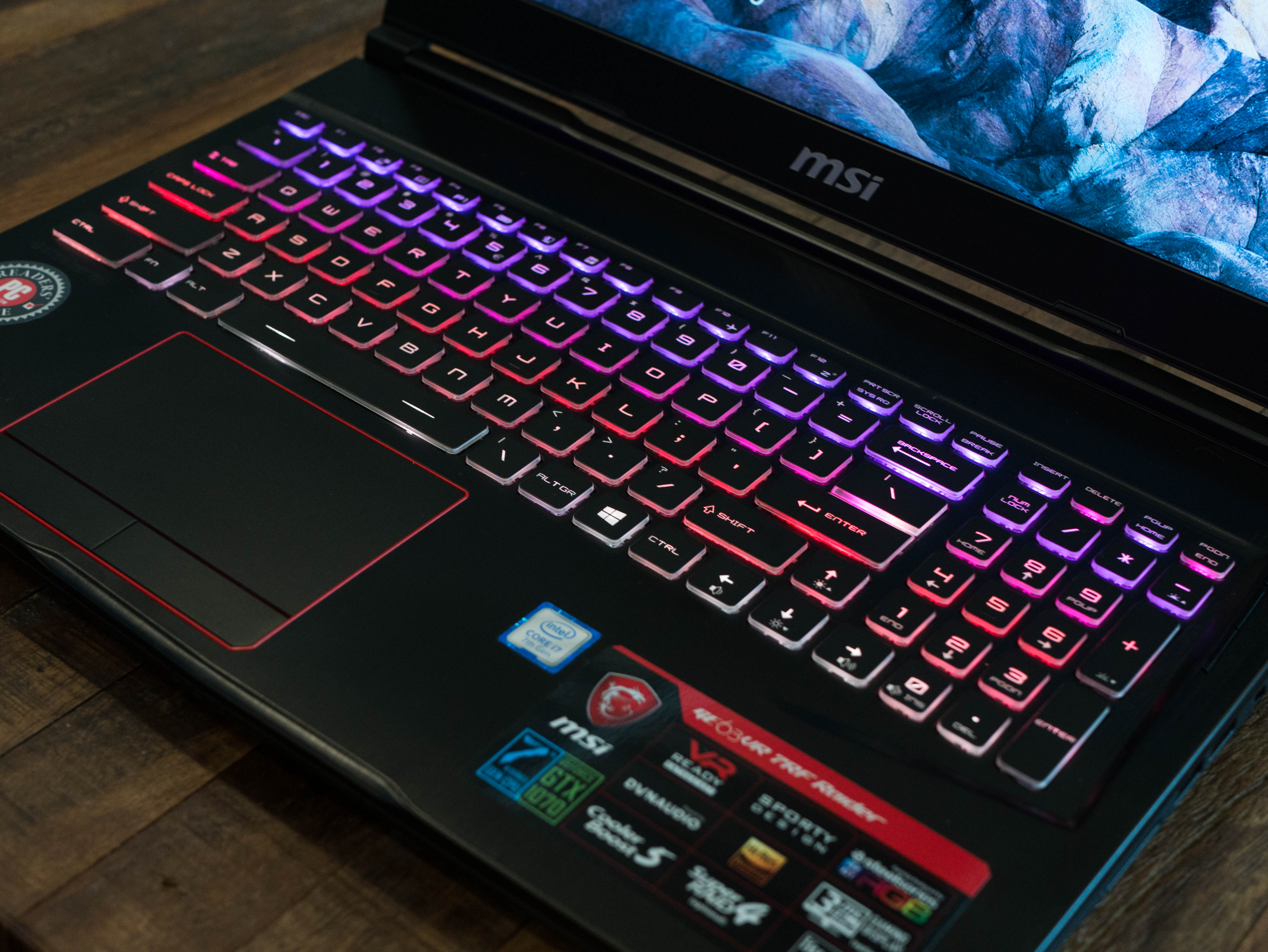
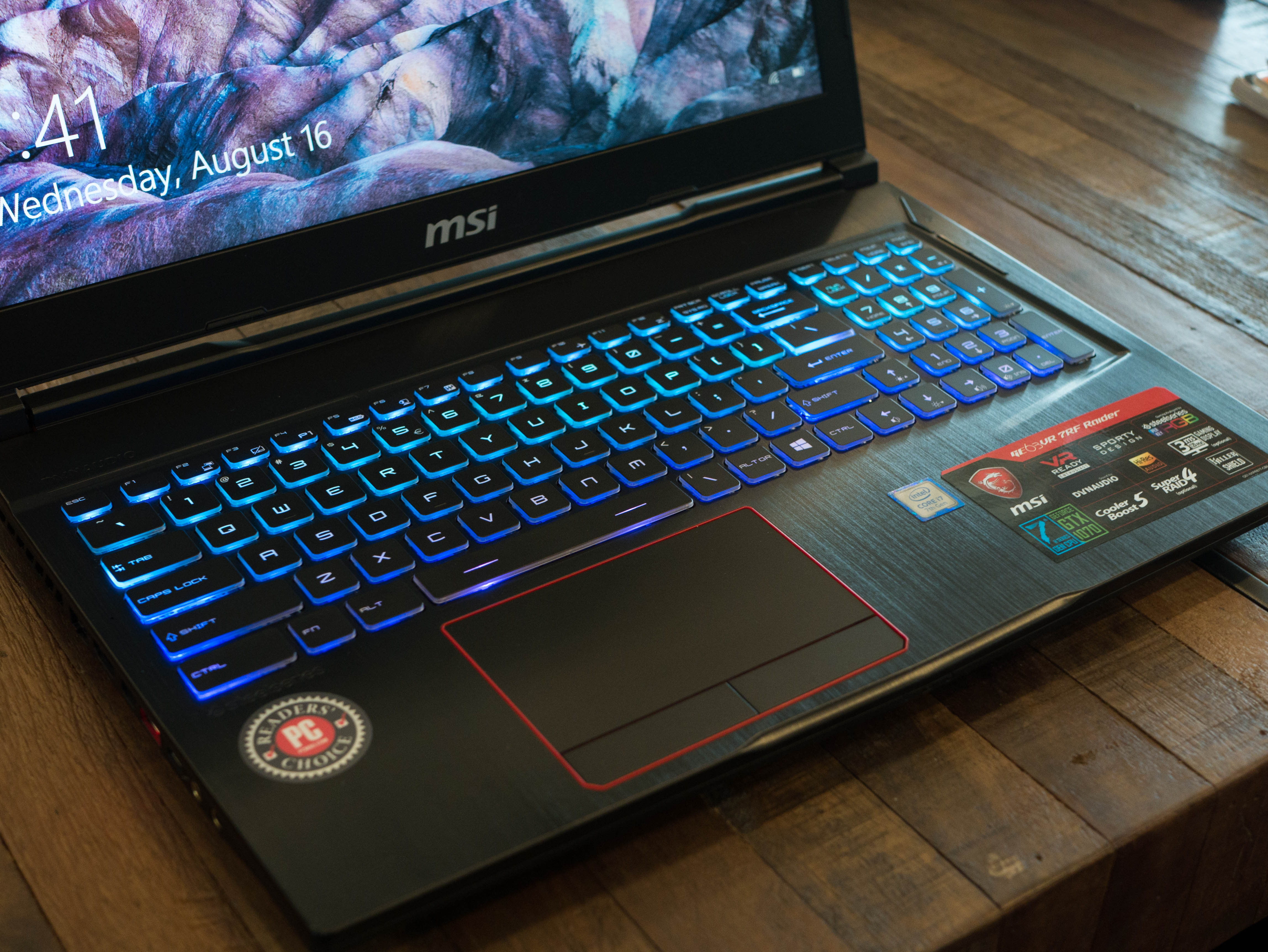
It looks like MSI is aiming to shake up the upper-middle range market with the GE63VR Raider. However, this market is incredibly competitive, and you can expect near identical performance from any the laptops with GTX 1070s and high-end mobile CPUs. Therefore, competing vendors need to rely on features and looks to appeal to gamers; MSI seems to have nailed the gamer aesthetic, but we're not sure if the Raider has all of the necessary features to separate itself.
The MSI GE63VR Raider's synthetic scores paint a positive, but expected picture. The GTX 1070 delivered excellent performance, pitting the Raider head-to-head against the Alienware 15 and the EVGA SC17 in GPU-reliant benchmarks. Meanwhile, the mobile Intel Core i7-7700HQ provided adequate computational power that is only definitively bested by the overclockable i7-7820HK. However, it appears that MSI skimped on SSD. The Samsung PM871 exhibited incredibly slow sequential speeds.
Gaming performance is everything you can expect out of a GTX 1070. The GE63VR Raider doesn’t top our benchmarks; that distinction goes to the Aorus X7 DT v7. However, the Raider delivers outstanding performance, hitting 60 FPS in the vast majority of the titles in our suite. In particular, the Raider performs well in Metro: Last Light Redux and The Division, two incredibly demanding titles that a GTX 1060 cannot adequately handle. It’s not perfect, however. The GTX 1070 isn’t a match for Grand Theft Auto V, especially during its infamous Vinewood Sign scene.
Unfortunately, thermal performance isn’t great. The MSI’s cooling isn’t bad, per se, but its primary competition, the Alienware 15 and the SC17, run much cooler during Furmark stress testing, and they contain almost the same specifications. Meanwhile, the Aorus and AVADirect run warmer, but do so because they have stronger components and slimmer builds, respectively. The Raider’s cooling solution would be much better suited when paired with a GTX 1060; MSI offers such a model with all other specifications held constant.
Battery life isn’t outstanding either. The Raider contains a rather small 51Wh lithium ion battery, which only delivered us 78 minutes of uninterrupted play time. Meanwhile, the EVGA SC17 lasted nearly 20 minutes longer than the Raider, and the Alienware 15 lasted even longer still. This is because they’re outfitted with 74.48Wh and 99Wh batteries, respectively.
On a more positive note, the GE63VR Raider possesses an excellent display. It isn’t an IPS panel, so we weren’t expecting good contrast levels, but the Raider’s display scored the highest contrast ratios out of the comparison group. RGB levels were also well balanced, which resulted in high grayscale accuracy. The overall color accuracy was also the best out of the laptops tested; the only problem was the lower than average gamma, which resulted in undersaturation.
The Raider also receives props for its excellently constructed chassis. The aluminum surfaces are sleek, while the plastic bottom panel is sturdy; at no point did we find weak points in the laptop's construction. However, the Raider feels lackluster; similar performance and build quality can be found at this price. Speaking of which . . . .
Get Tom's Hardware's best news and in-depth reviews, straight to your inbox.
This configuration of the GE63VR Raider costs $2,300 on Newegg, which is quite expensive for a GTX 1070 laptop. MSI offers the Raider for $2,000 with a GTX 1060 (currently $1,930 on Newegg) and GTX 1050 with 16GB of memory and no SSD for $1,700. Given the Raider's features, we can't help but think that the Raider was intended to be paired with a lower-end GPU, especially when competing GTX 1070 models come with extra bells and whistles at a similar price.
Comparatively, the Alienware 15 we reviewed previously runs as low as $2,260 on Newegg, and offers better cooling and battery life at the expense of 16GB of memory, which is an easy sacrifice for gaming. A few months ago, we reviewed the Asus Strix 15 GL502, which offers a GTX 1070 for about the same price as the GTX 1050-based Raider. If MSI offered the Raider with 16GB of memory and a faster 256GB SSD at the $1,600-$1,800 price range, we'd recommend it in a heartbeat.
MORE: Best Gaming Laptops
MORE: Gaming Laptop Previews
MORE: All Laptop Content
-
sammseven Great and very complete review!Reply
I'll buy this laptop, since I can find it for 1700€ in my country with the 16gb RAM and 1070 graphics.
Thank you for this great job in this review! -
Ninjawithagun Definitely a much better hardware layout compared to my Asus G701VI-XS72K, and is therefore much easier to upgrade components. But as far as performance, my G701V still destroys the MSI GE63VR. I paid just $2165 for my laptop and it has a GTX1080 and a 120Hz G-Sync screen. The MSI GE63VR only has a GTX1070 and 120Hz display with no G-Sync. I suppose it's tid-for-tad on what the individual consumer wants to spend vs. what they get and how easy it is to upgrade in the future.Reply -
ledhead11 I have to totally agree Ninjawithagun. I think I read about the release of that Asus about a year ago and thought. . .finally a perfect match. Agreed, a bit high on the price but the GPU/Display match is perfect. Looking at these benchmarks for the 1070, ultra settings are a near disaster for demanding games and tearing will be inevitable. They really should've had a g-sync to at least compensate.Reply
The nice thing too about that Asus is that it will hold its own for years to come for 1080p gaming while present day games can start to pull down a 1070 from even hitting 80fps let alone 120fps.
At this point MSI is more about marketing hype and jacking prices than performance. Like many they throw the 'gaming laptop' and state CPU/Ram specs then try to shine how they've consistently mismatched their displays and gpus. A good example are how many of their sli rigs were matched with 1080/60hz before they even began to intro something else.
Honestly, sammseven, if you're truly looking into getting something like this then look a little higher at someting like that Asus. There's a reason the MSI was at the near bottom for most of these benches and I do agree this is a good review too. -
darth_adversor Just my opinion, but I think $2,300 is an astronomical amount of money to spend on a gaming laptop. For that much money, it shouldn't have any major deficits, and yet, no G-Sync?Reply
Honestly, it still wouldn't be a great buy even with G-sync, as you can get into a 1080 for about the same price, but come on... -
JAVI LIP I'm really angry at MSI. I bought a laptop GE60 2PL three years ago and the motherboard has failed. I had a laptop from other vendor and I didn't have any trouble for 11 years.Reply -
sillysoft Back in 2013 I bought my very first laptop, it was a MSI G Series GT70 2OD-039US. I still use it to this day, Im on it right now. Im in the market for a new laptop though, all I can say is I wont be buying another MSI laptop. Though its lasted, I treated this laptop VERY well and it still broke on me. The keyboard broke, keys just stopped working, plastic broke off around the lid. The metal bars that allow the lid to open and close is exposed. I now have a external monitor on top of a stand with the laptop close with external KB/M, basically I use it as a desktop now. But it looked pretty cool at the time and the specs also looked "beefy". But I will never buy another laptop or desktop again without consulting with others first. Cant trust myself to make good decisions on this topic lolReply
Speaking of which, any suggestions on a new loaded laptop for $3k or less? Looking at the Asus G701VI-XS72K. -
ledhead11 I too had a bad MSI laptop experience. I went all in for a GT80 Titan 980mSLI. I got it through a re-seller with some upgrades that resulted in about a years worth of grief. Eventually I learned how to deal with the unique design of it and did my own upgrades after. It's been fine since but honestly at this point I'd never recommend another MSI laptop again. Their desktop stuff is great, otherwise-no.Reply
@sillysoft IDK if a TI mobile will be coming out or if one would happen below $3k. If it did I'd look at something like that. Otherwise, that Asus looks pretty solid. Hard thing is that there aren't many reviews for the 1080p/120hz/G-Syncs w/ 1080 GPU's. The 1070 ones are everywhere but pretty much useless for the money.